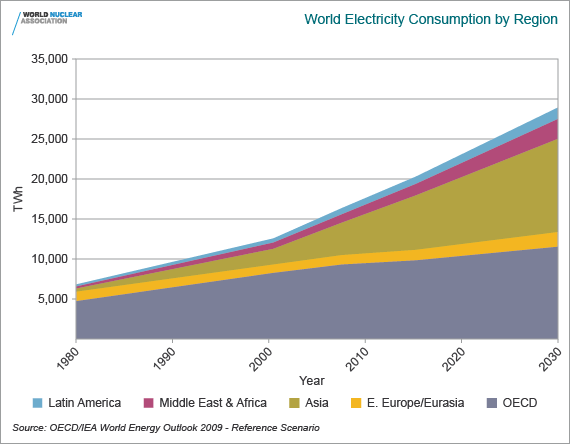- Banned
- #626
They do reflect my views. Nuclear is horribly expensive and requires huge subsidies. Current estimates for the UK's reactor are around 40ish billion pound, up from 17 a couple of years ago.I can only quote the stats and numbers
I can't help it if the facts don't reflect your views
Likewise, accidents cause huge cost, 100 billion for the cleanup in Japan.
Australia cannot afford nuclear.











